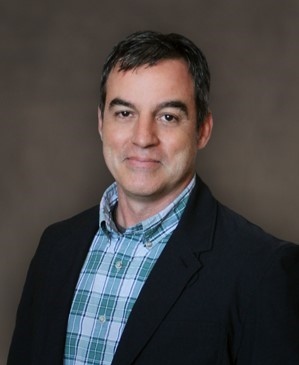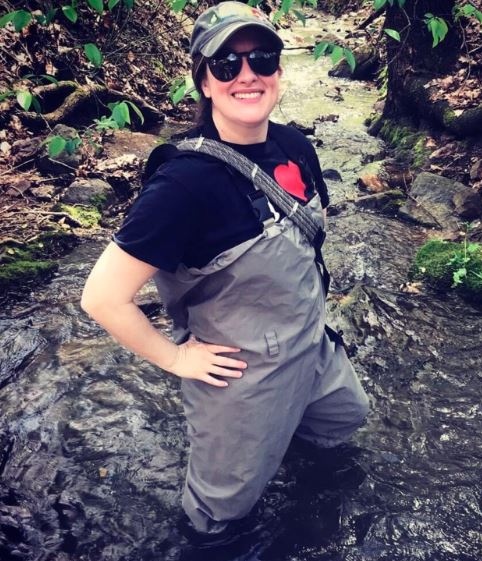Man-made stream barriers such as low-head dams and culvert road crossings are detrimental to stream ecology in a multitude of ways and are of concern to natural resource managers, biologists, and ecologists. This concern extends to fish and other aquatic organism passage and movement, aquatic organism population genetics, sediment transport, stream bank erosion, water quality / limnology, etc. Because streams are linear systems, those flowing through natural areas can be significantly impacted by barriers within natural areas as well as those upstream or downstream. Therefore, natural area managers should be aware of and supportive of barrier removal projects that restore stream system connectivity, regardless of the actual location of the barrier.
This discussion will demonstrate how stream barriers can be inventoried, prioritized, and removed. Examples will include national perspectives including some western states, the Southeastern US, and specifically, Arkansas. Also, programs and projects from the Southeast Aquatic Resource Partnership (SARP) and the Arkansas Stream Heritage Partnership will be highlighted.
All listed times in Eastern Daylight Time (EDT)
| Time (EDT) | Session |
12:00 pm - 12:10 pm | Welcome and Introductions |
| 12:10 pm - 1:10 pm | Flowing Naturally: Restoring stream connectivity through barrier removal with local, regional, and national partnerships
|
| 1:10 pm - 2:00 pm | Stewardship Shorts and Open Discussion Participants are invited to unmute to share ideas, techniques & methodologies, articulate issues and challenges, and invite suggestions and insights from your peers. Stewardship Shorts must be approved in advance. Indicate your interest when you register for the Roundtable. Deadline for submissions is May 9. |
2:00 pm | Conclusion |
 Photo provided by Darrell Bowman
Photo provided by Darrell BowmanDarrell Bowman is Assistant Chief of Fisheries Management at the Arkansas Game and Fish Commission overseeing statewide fisheries programs. Darrell's professional history includes positions with the Arkansas Natural Heritage Commission (ANHC), Virginia Department of Game and Inland Fisheries, and the private sector. He is a member of the American Fisheries Society and has served several leadership positions with the Arkansas Chapter of that national organization. Darrell earned a B.S. Degree in Fisheries and Wildlife Management from Arkansas Tech University in Russellville, Arkansas, and a M.S. Degree in Zoology from University of Arkansas in Fayetteville, Arkansas.
 Photo provided by Kat Hoenke
Photo provided by Kat HoenkeState Natural Areas Programs were among the first entities to protect natural areas in North America. Almost 50 years ago, these programs came together and addressed a need for a unifying voice and community where practitioners and academics could share information, techniques, methodologies, good science and even moral support. Hence the formation of NAA. Since those days, our community has grown to include other natural areas professionals that work at the federal, regional and non-profit level.
Future 2022 Meeting dates:
Questions? Contact info@naturalareas.org
If you would like to register for notifications regarding future SNAP meetings, click here.
Support the people who manage our natural areas and protect biodiversity in perpetuity.